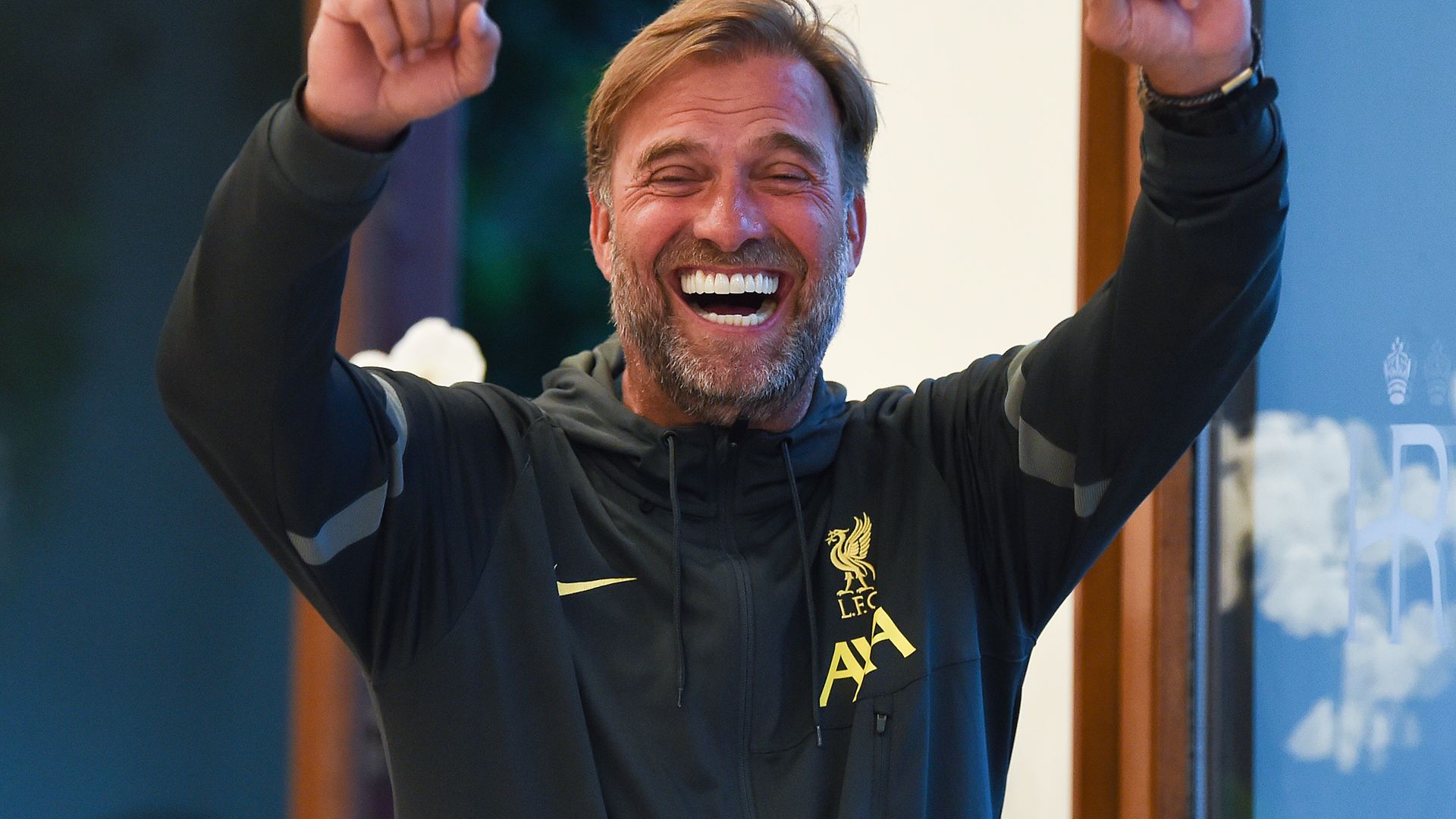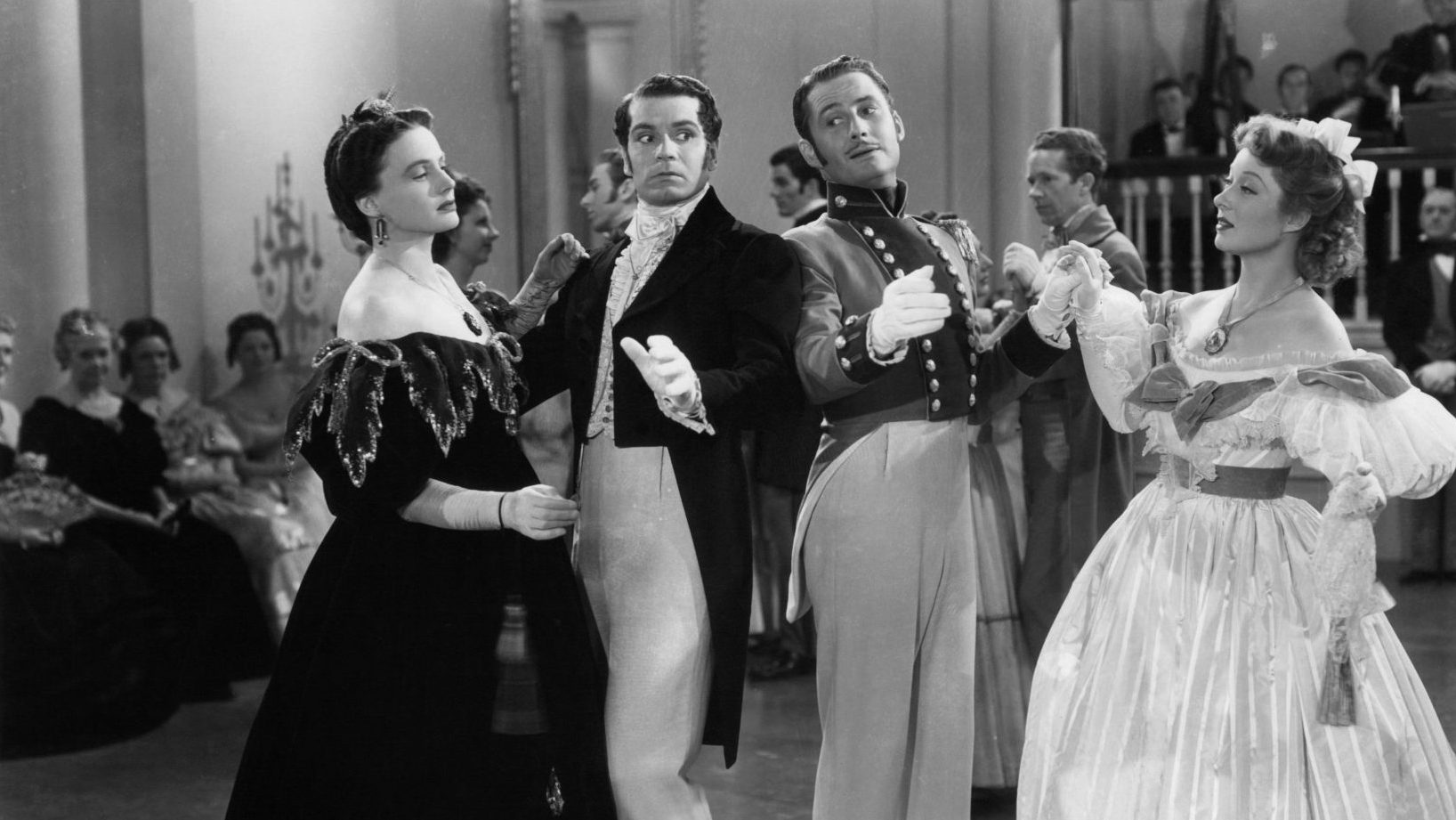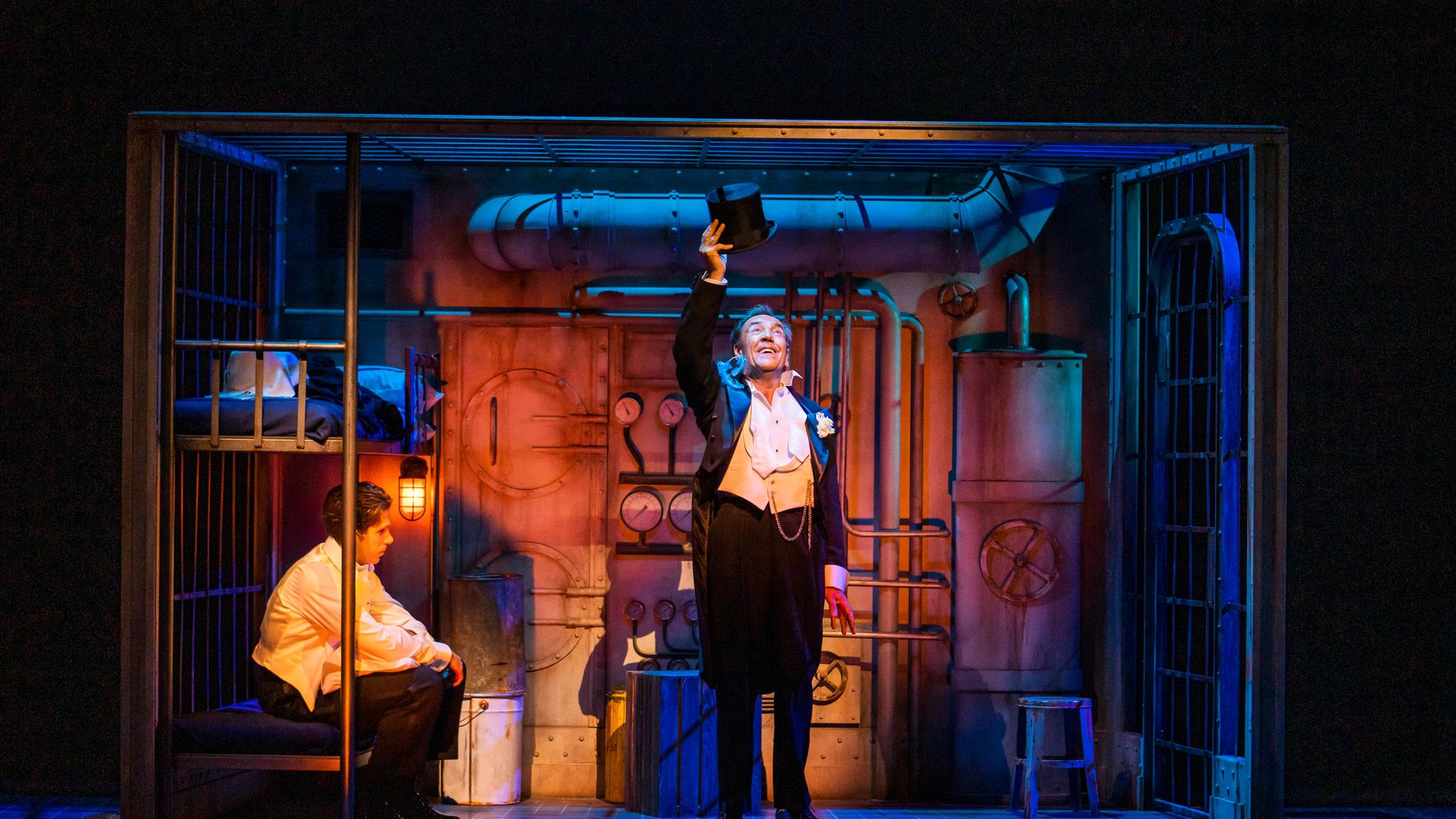A golden Olympics for Team GB might have followed England’s very-near-miss at the Euros, but those who would use this as evidence of homegrown superiority over a near-neighbour and long-time rival should proceed with immense caution.
The Three Lions may be progressing on the international scene under an English coach after defeating Germany on the way to the final, but now the club season is about to resume it is worth remembering that Liverpool and Chelsea won the Champions League in 2019 and 2021 with global lineups guided by Germans Jürgen Klopp and Thomas Tuchel, paid for by foreign wealth. (And let us not forget Norwich City, a true English country club on a modest budget, have just returned to the Premier League under a third German manager, Daniel Farke).
And while Team GB’s 22 golds in 65 total medals easily outstripped Germany’s haul of 10 in 37, one notable failure for the British came after a German coach was fired.
Jürgen Gröbler had coached, coaxed and cajoled GB rowers to the most sustained gold run in this or any other era. Grobler coached GB to 15 gold, 9 silver and 7 bronze medals over the seven Olympic Games from 1992 to 2016.
He left, or was pushed out, when the Summer Games of Tokyo were postponed last year. He turned 75 last month, but if ageism had anything to do with his departure, nobody informed the French. They are about to hire his wealth of knowledge as consultant to their rowers leading up to the Paris Olympics in 2024.
Gröbler differs from Klopp and Tuchel in one specific detail. He was born and raised in Magdeburg, East Germany. He studied in Leipzig where sports were treated by the Deutsche Demokratische Republik as a nationalistic priority. Performance-enhancing drugs were state-sponsored and coerced in youth just as they were more recently were in Russia.
After the fall of the Berlin Wall on November 9, 1989, former East German coaching thoroughness – presumably minus the testosterone and growth hormone injections – provoked a race from Henley on Thames to Beijing. Everyone seeks an edge, a legitimate edge.
And while water sports are hardly in the league of tens of millions paid to Klopp and Tuchel, the fact that Grobler’s training regimen helped push Sir Steve Redgrave, Matthew Pinsent and their like to national heroism propelled rowing to the lion’s share of British Lottery Funding.
When the medals stop, the funding decreases. The British system is to reward those who succeed on the water, on the track, in the pool or the ring. The Games promote nationalism, and the National Lottery paid out £24.6 million (approx €29 million) to rowing towards the current Olympics.
No gold, just one silver and one bronze, is not the expected return. Others, notably cycling, swimming and diving, sailing and canoeing, boxing and Taekwondo and equestrianism, pushed GB to fourth in the medals table – behind USA, China and Japan but ahead of the state-sponsored Russian Olympic Committee which is the International Olympic Committee’s pragmatic way of accommodating Russia despite Moscow’s systemic doping.
The IOC, like FIFA in football, are two of the most discredited organisations on earth. But the games, and the money-making, go on.
There is some triumph in that, despite the ghostly empty stadiums and the possibility that Japan, like England after the Euros in football, might yet pay a price in Covid-related death.
Not that Manchester City (with £100million for Jack Grealish and more on the table for Harry Kane) or Chelski (for Romelu Lukaku) are holding back. Or Paris St Germain who, like City, are a state-sponsored club, and Chelsea who spend the rubles of a Russian exiled in Tel Aviv.
The clubs, until they spend themselves into bankruptcy like Barcelona, have ways to ignore the costs of calamity in the general population. And football, at least in England, is head of the rush to get back to normal.
British rowing, meanwhile, has moved on. With barely a “thanks for the memories, Jürgen”, its officials believe they have done the smart thing by consigning the chief coach to history and going all in for the new science.
There are detractors of Gröbler, notably Josh Bugajski, one of the crew of eight who won a bronze in Tokyo. “I cracked open a bottle of champagne when Jürgen left,” said Bugajski. “There was a darker side to him. There were some people he just seemed to take a dislike to. What he did was destroy their soul, destroy everything they had.”
The majority of rowers Gröbler coached disagree. Redgrave, for example, said: “It may be that the approach has gone a bit soft. If we want a soft approach, we will have to expect softer results.”
Others say that Gröbler was – is – old school. A coach with a stopwatch, an eye for detail, an instinct for knowing an athlete’s limits. “He’s an old school guy who relied on gut instinct . . .” is how another former GB Olympian described it. “The new guard are all about data and analytics, and on current evidence, it isn’t working.”
Arsene Wenger introduced science to English football. Pep Guardiola, Klopp and Tuchel no doubt study all the data.
But from everything I have seen of Gröbler on the Thames and of football trainers over decades, studying human response in action is far and away the secret of successful management.




